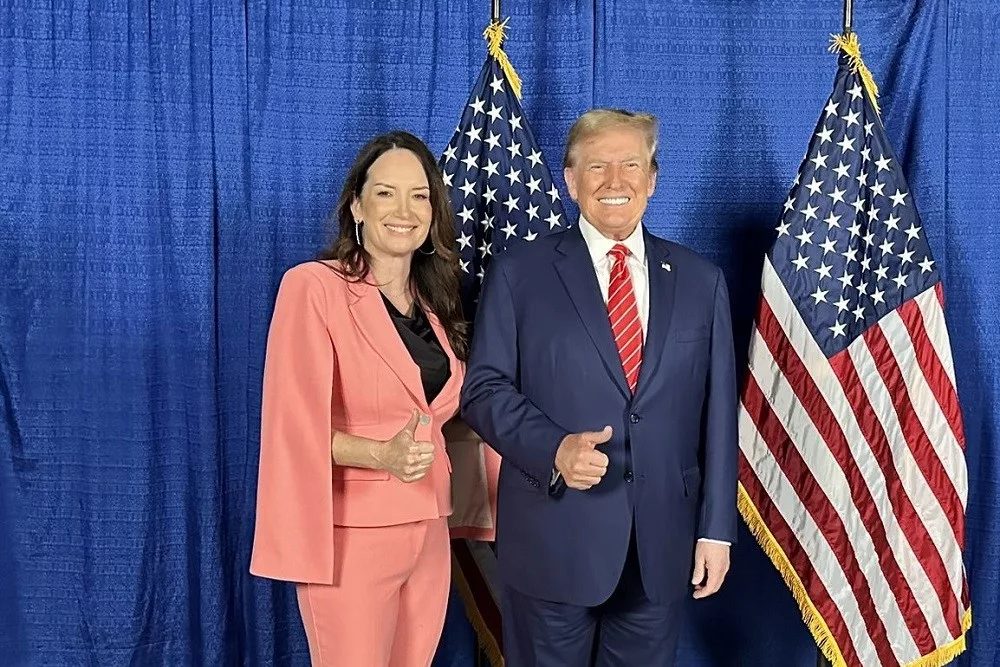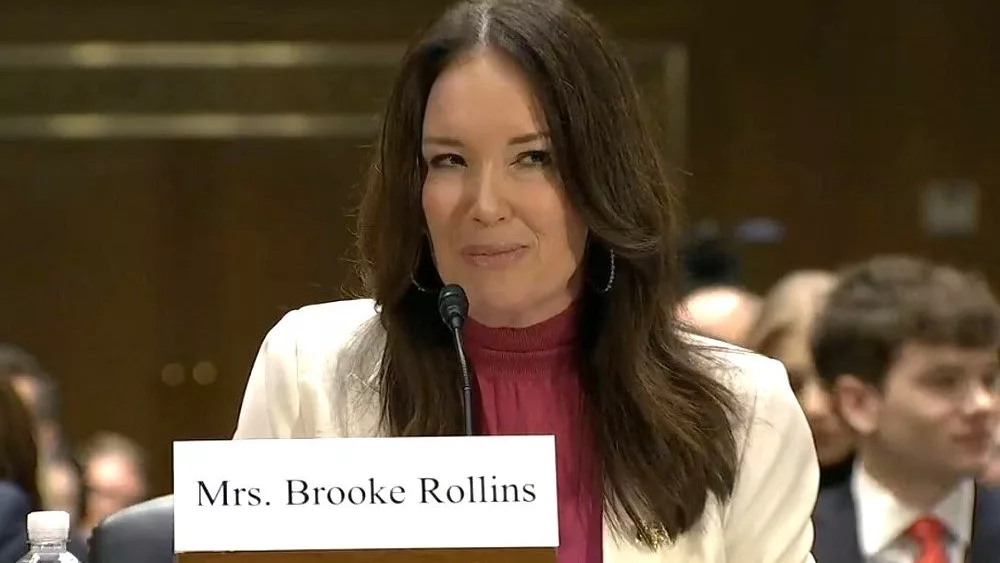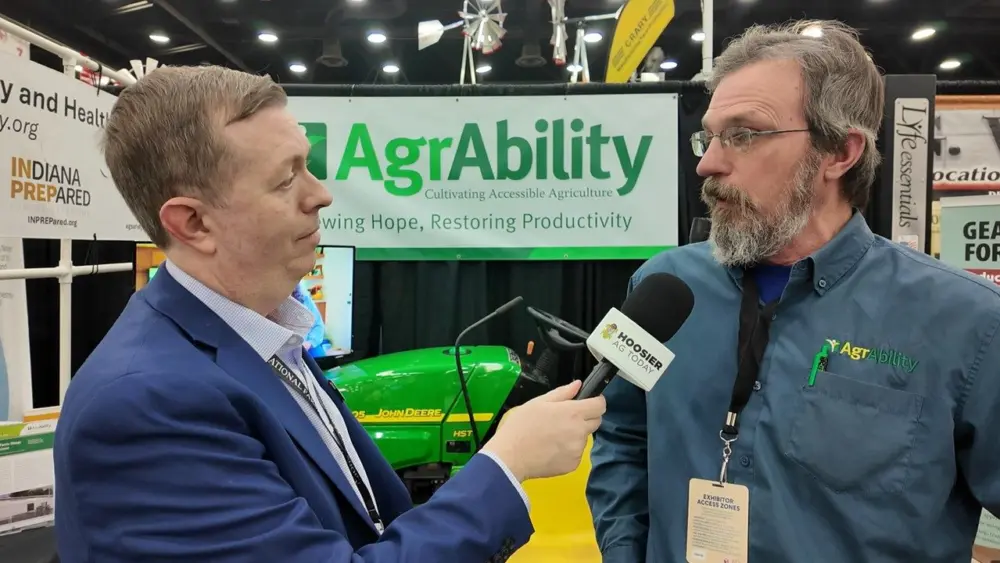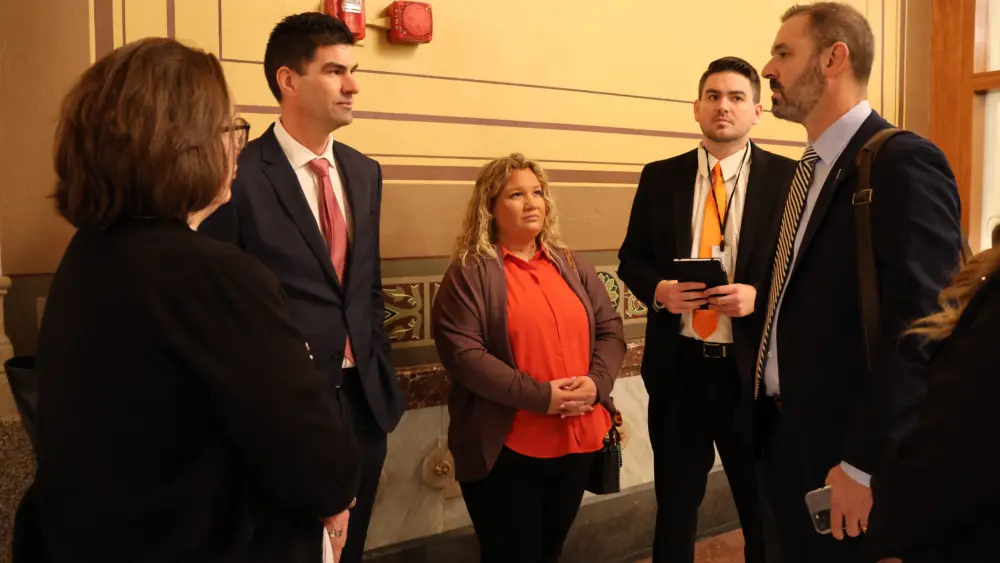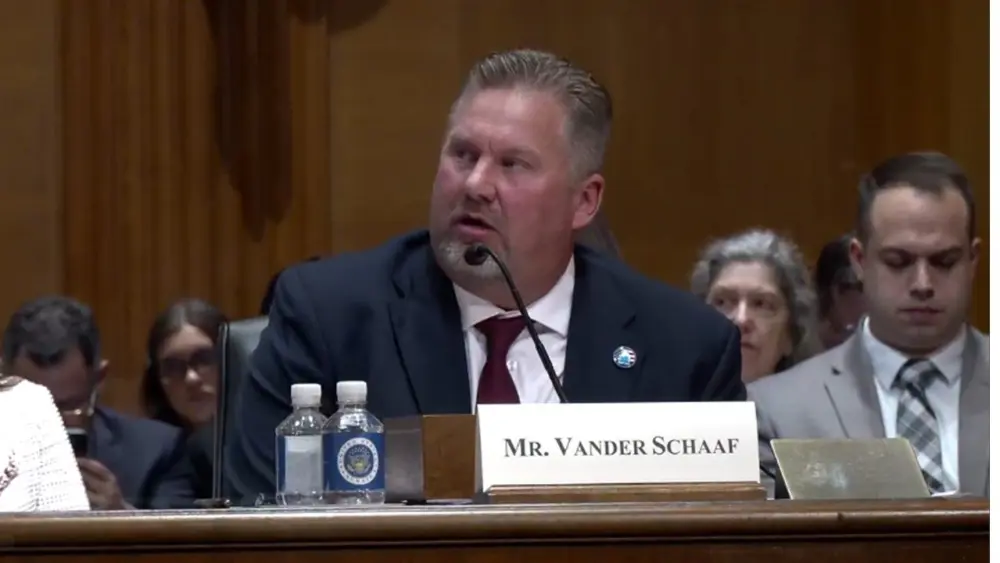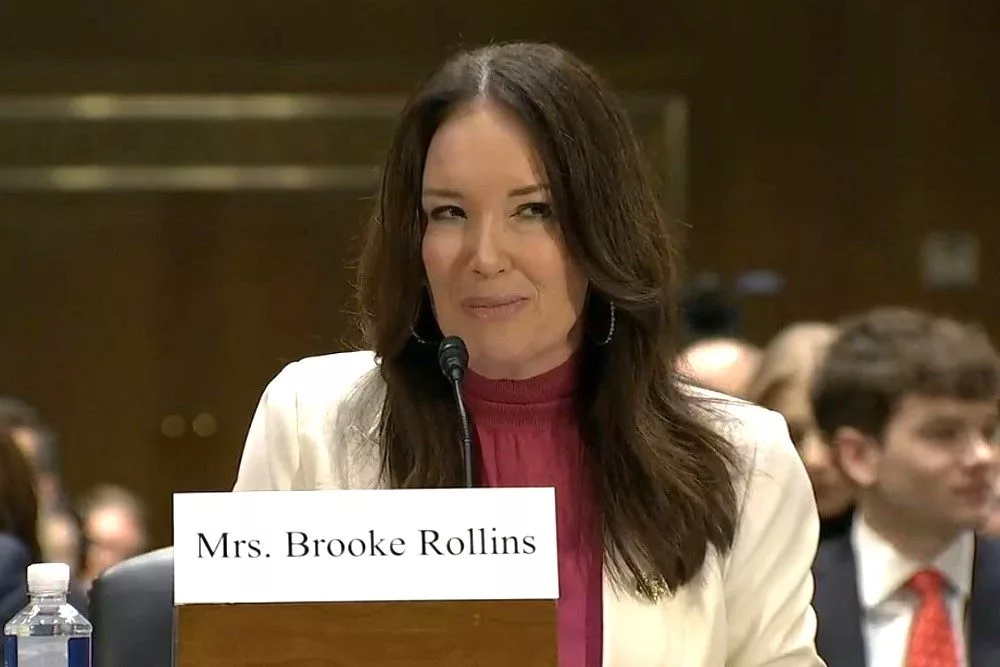
Bird flu, biofuels, and the ag trade deficit were among several topics discussed Thursday during Brooke Rollins’ Senate confirmation hearing for U.S. Secretary of Agriculture.
“I commit to you today that if confirmed, I will do everything in my ability to make sure our farmers, ranchers, and rural communities thrive,” said Brooke Rollins, in her opening statement to the Senate Ag Committee.
She was asked about the U.S. Ag Trade deficit by Senator Michael Bennet (D-CO) and whether President Trump’s tariff policy was the right way to tackle it.
“In the last handful of years, we’ve gone from not having a trade deficit in our agricultural communities to having a $45 billion trade deficit. Of course, that has led to many challenges including food inflation,” said Rollins. “There are many tools in our toolkit both through USDA and expanding markets, which are all intertwined, to begin immediately to work to bring that deficit down and hopefully soon get it to zero.”
Ranking Member of the Senate Ag Committee Amy Klobuchar (D-MN) asked Rollins how she would manage the nation’s bird flu outbreak.
“We are hyper-focused on finding the team. Right now, I’m sure they’re already working. I have obviously respected the process and have not gotten too involved, but I know that the current team and the future team will be working hand-in-hand to do everything we can on animal disease,” said Rollins.
Klobuchar also asked Rollins about her family’s investments in the oil industry—and whether that would impact her decisions regarding policies to further grow the biofuels industry.
“Senator [Klobuchar], I can promise you this. Anyone that has ever worked with me will tell you—even to the detriment of organizations I have run and detriment financially to my potential family—that I have never not ever made a decision based on financial interest ever, and that certainly will not begin now,” said Rollins.
If Rollins is confirmed by the U.S. Senate, she will oversee USDA’s 29 agencies, over 106,000 federal employees, and a budget of more than $437 billion.
